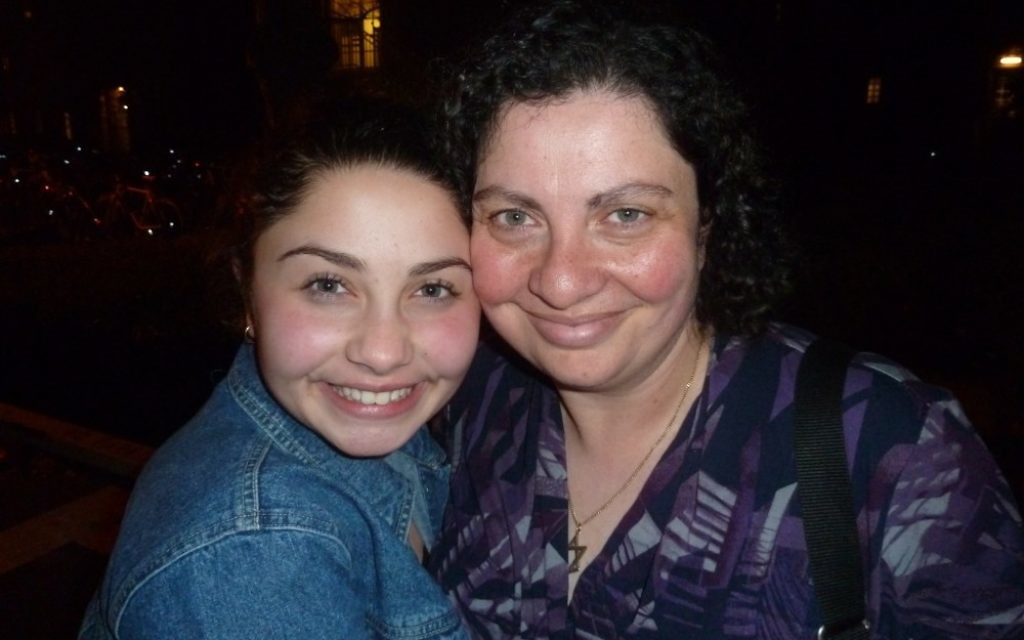Fighting the Myth of the Perfect Child
The college application process highlights failures as part of growing up.

The complications of the social media era have recently taken on new meaning for me because my daughter is now a junior in high school and thinking about college, and plans for college mean taking the falsely perfect world of Facebook to a whole new level.
On Facebook all children are perfect. Parents and grandparents post photos of smiling kids with rarely a hair out of place or a stain on a shirt. There are school plays, basketball games won, proms and driver’s licenses.
There are not meltdowns about having to practice lines, the winless team, parties to which one was not invited, broken hearts or underage hangovers. As in Garrison Keillor’s fictional land of Lake Wobegon, on Facebook all the children are above average.
Get The AJT Newsletter by email and never miss our top stories Free Sign Up
In many ways, learning to navigate the highly curated, filtered and staged world of social media is the perfect training for applying for college. After all, what is a college essay or résumé other than a highly curated and filtered version of a life staged for an admissions officer to read?
And while I understand the need to present one’s best self when applying for college, as these two elements of modern teen life come together, they promote with fierce power a vision of adulthood in which perfection is desirable and possible. And that worries me greatly.
I believe in excellence. I believe in putting in effort. But excellence is not the same as perfection, and even the best effort won’t allow a person to sidestep errors. Not only are they inevitable, but they are essential to the very process of learning and growing that college represents and are in many ways the hallmark of a life lived fully.
Taking away the room to flail or fail means taking away the exploration that may be the key to unlocking the next big step or possibility.
The heroes of Jewish tradition were all flawed individuals. Abraham trusted in G-d but at times to a fault. Moses had an anger management problem. Miriam could be a bit sharp-tongued.
I am often asked to explain how we can be expected to emulate individuals whose behavior was not as we might hope. The ancient rabbinic literature went to great lengths to explain away the imperfections; I see things differently.
I see the flaws of our forefathers and mothers as a reminder that in the Jewish view of the world our mistakes need not define us completely, that we can be open about our failures, that we can learn from our challenges to move forward on another path. The vision of perfection, in Judaism, is attainable only by G-d.
And to imagine our children as G-d-like in this regard is to do them a disservice. It is to set them up for a lifetime of disappointment when reality fails, as it so often does, to live up to the hype.
Moreover, children who know themselves to be less than perfect in a world of perfect may feel themselves less worthy or valued. When teens are told, implicitly or explicitly, to hide their imperfections, it can make them shy to reach out and find the help or support they need.
As I watch my daughter and her friends slog through the expectations of the college application process, I wish for more space not only for the messiness of life, but also for the process of learning and growth. One of her junior classmates was recently lamenting how the adults had stopped asking about class content or personal interests and were focusing exclusively on college hopes and dreams.
I am not naive enough to think I can challenge the broader educational system or the impact of social media. But I will keep telling the stories of ancient, imperfect heroes as well as my own challenges. Because outside the constructed world of Facebook and the Common App, there is no such thing as the perfect child.




comments